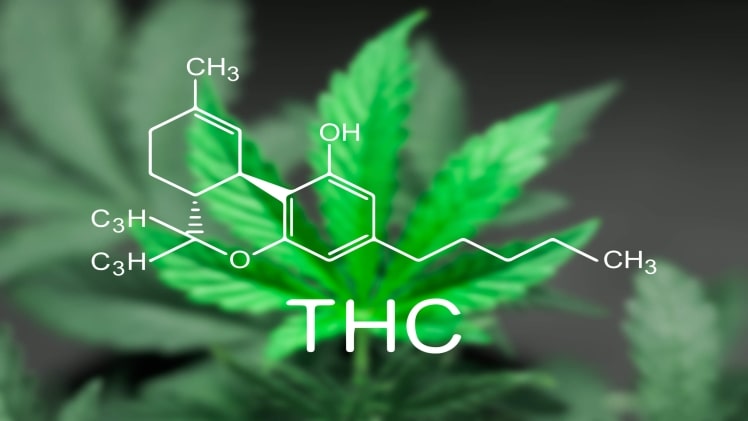If you’re considering purchasing a cannabis product, you’ll need to know the differences between D8 THCP and D9 THCP. THCP is extracted from the cannabis sativa plant and synthesized for human consumption. This type of cannabinoid is compared to 40nM to ensure the product’s identity and characteristics. It is the 9-THCP that gives the munchies.
Less abundant:
Delta-8 THCP and D9 THCP are two of the most important cannabinoids found in hemp and marijuana. While both are extremely powerful, they are far less common than THC. Furthermore, D8 is harder to isolate from hemp than D9, making it less popular. However, recent technological advances have made the extraction of D8 much easier. Here are some benefits of using D8 vs. Delta-9.
The main difference between D8 and D9 is their chemistry. Both THCPs are structurally identical, but the D8 one contains seven carbon atoms in the alkyl side chain. Therefore, it has 30 times the binding power of THC and thus, exerts a more intense effect. While D8 is more potent than D9, it is still not considered a highly potent psychoactive substance.
Stronger:
When you take D9 THCP, you’ll experience all the effects of d9thc, but with a much stronger effect. You’ll feel like you’re on a synthetic drug with a 33x binding affinity. There’s a lot of controversy surrounding the effects of THCP, but the truth is that the two compounds have the same effects, but a stronger D8 THCP has more medicinal benefits.
While both are potent, there are some crucial differences between the two cannabinoids. Delta-8 THC is a rare and relatively unknown cannabinoid. It was discovered in the early 1970s but never received nearly as much attention as THC. While both are obtained from cannabis plants, they’re produced by different processes. Therefore, you should be aware of the differences between D8 and D9 before comparing the two compounds.
Smaller:
The Delta-8 THC is an isomer of the Delta-9 THC. The difference between the two compounds is the double bond at the carbon nine position in the chain of D8 and the single bond at carbon eight in D9. While the genetic makeup of the two compounds is the same, the molecular differences distinguish them. Listed below are the characteristics of each compound. Let’s look at each one in more detail.
Both D8 and D9 have profound effects on the human body. They interact with the endocannabinoid system, which helps maintain homeostasis in many vital functions. Enzymes break down these compounds to release their corresponding compounds. D8 is the preferred chemical for a relaxing high, while D9 is best for a psychoactive effect. However, it is essential to note that D8 and D9 can cause a drug test failure.
Harder to produce:
Researchers in Italy recently discovered that D8 THCP is more difficult to produce than D9 THCP. This was the result of their research on the chemical profile of the FM2 strain. The research team used high-performance mass spectrometry and precision testing equipment to investigate the plant’s chemical makeup. The research team published their findings on THCP and CBDP in December 2019.
Delta-8 products are high-quality and safe to use. They come in glass ampules. The Cayman Chemical Company sells D9-THCP in one mg/ml acetonitrile. This product is federally legal. While D8 THCP is harder to produce, it can be found in many other hemp products. While it is harder to produce, it is still available as a legal and effective alternative.
Legality:
While Delta-9 THC, the psychoactive compound found in marijuana, is illegal in the United States, its cousin Delta-8 THC is not. Both substances are extracted from hemp plants and are considered marijuana derivatives. The difference between the two compounds is how they work, with D8 being a partial agonist and D9 being a full agonist. Fortunately, the new Farm Bill includes a 3% Delta-9 limit, making them completely legal in the United States.
D8 THCP is active at around five milligrams, while D9 THC is active at ten to forty milligrams. The equivalent dosages for D9 THC and D8 THCP are 0.3 to 4 milligrams, and most people start at a lower dose and work their way up. While neither of these substances is inherently dangerous, too much THCP can result in unpleasant side effects, such as nausea and dizziness. The legality of D9 and D8 THC is a complex matter.

